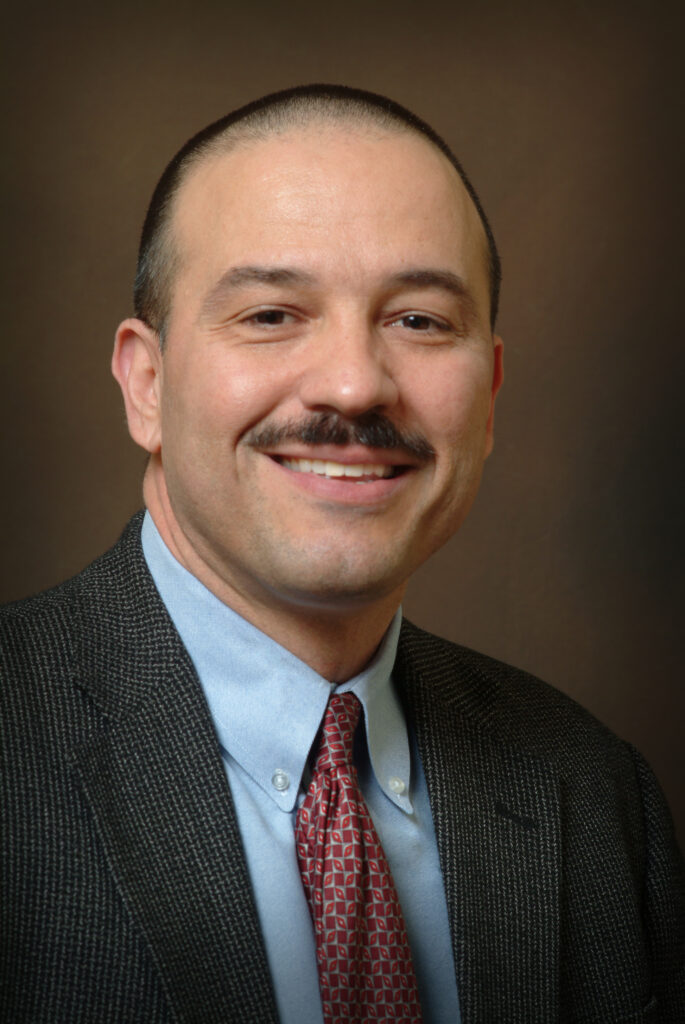By Sergio Gutierrez

Richard Davidson is a professor of psychology and psychiatry at the University of Wisconsin–Madison and founder and chair of the university’s Center for Healthy Minds. He and other scientists have done a lot of research and made the assertion that well-being is a skill. There are four neurological circuits, scientifically validated, that provide the foundation for enduring change and well-being. These circuits have elasticity, meaning they strengthen with practice.1
One of these skills for well-being is resilience, the ability to recover from setbacks. People who tend toward depression and anxiety have low connectivity in those parts of the brain responsible for resilience. Having the ability to observe how our minds move from one thought to the next after a setback, and being able to pull our mind in a different direction, is the key to resilience. Rumination, the tendency to think continuously about negative thoughts, saps joy and increases depression and anxiety. Mindfulness is one way to modulate those circuits.
There are many different types of mindfulness practices. One practice involves visualizing someone who might be suffering, imagining taking on their suffering, and extending compassion toward that person. Just 30 minutes of compassion training for seven days showed an impact and predicted future pro-social behavior. Cognitive re-appraisal therapy, learning to reframe adverse events in order to see them as not so enduring or drastic, also helps.
Outlook is the ability to see the positive. An easy training for improving outlook is to write down, three times a day for a week, something positive about ourselves and something positive about someone we regularly interact with. We can also arrange to say thank you or provide a compliment and record those events to give our brain time to linger in those positive memories. Most people will notice an uptick in their outlook by the end of the week.
Another constituent is attention. A study on attention and well-being demonstrated that when participants in the study’s minds wandered, they tended to be less happy. It also found that 47 percent of the time, most of us don’t have our minds on what we are doing. The ability to be fully engaged, including listening deeply to loved ones, adds richness to our lives. There are various forms of mindfulness practices that develop attentional skills.
Finally, generosity is a well-researched behavior that fosters well-being. People who have a strong sense of altruism and concern for the well-being of others are happier. The research indicates that when people engage in acts of altruism and generosity, several circuitries in the brain are activated, which are more enduring than those achieved by other kinds of positive incentives.
The takeaway from the research is that well-being is a practiced skill. We are responsible for our minds, and we can shape our brains to affect our happiness.
1For further information on this topic, please see “The Emotional Life of Your Brain” by Richard Davidson, PhD, with Sharon Begley.
Sergio Gutierrez is a licensed clinical social worker (LCSW) with over 25 years of clinical experience. He is a clinical therapist with Pine Grove Behavioral Health & Addiction Services’ outpatient department. Gutierrez is also a board-certified behavior analyst (BCBA) with specialty training in autism.
Located in Hattiesburg, Pine Grove Behavioral Health & Addiction Services is one of the nation’s most comprehensive treatment campuses. Pine Grove’s worldrenowned programs treat gender-specific chemical addiction, including specialized tracks for co-occurring eating disorders, compulsive behaviors, trauma, and mental health. For more information, please visit pinegrovetreatment.com or call 1-888-574-HOPE (4673).